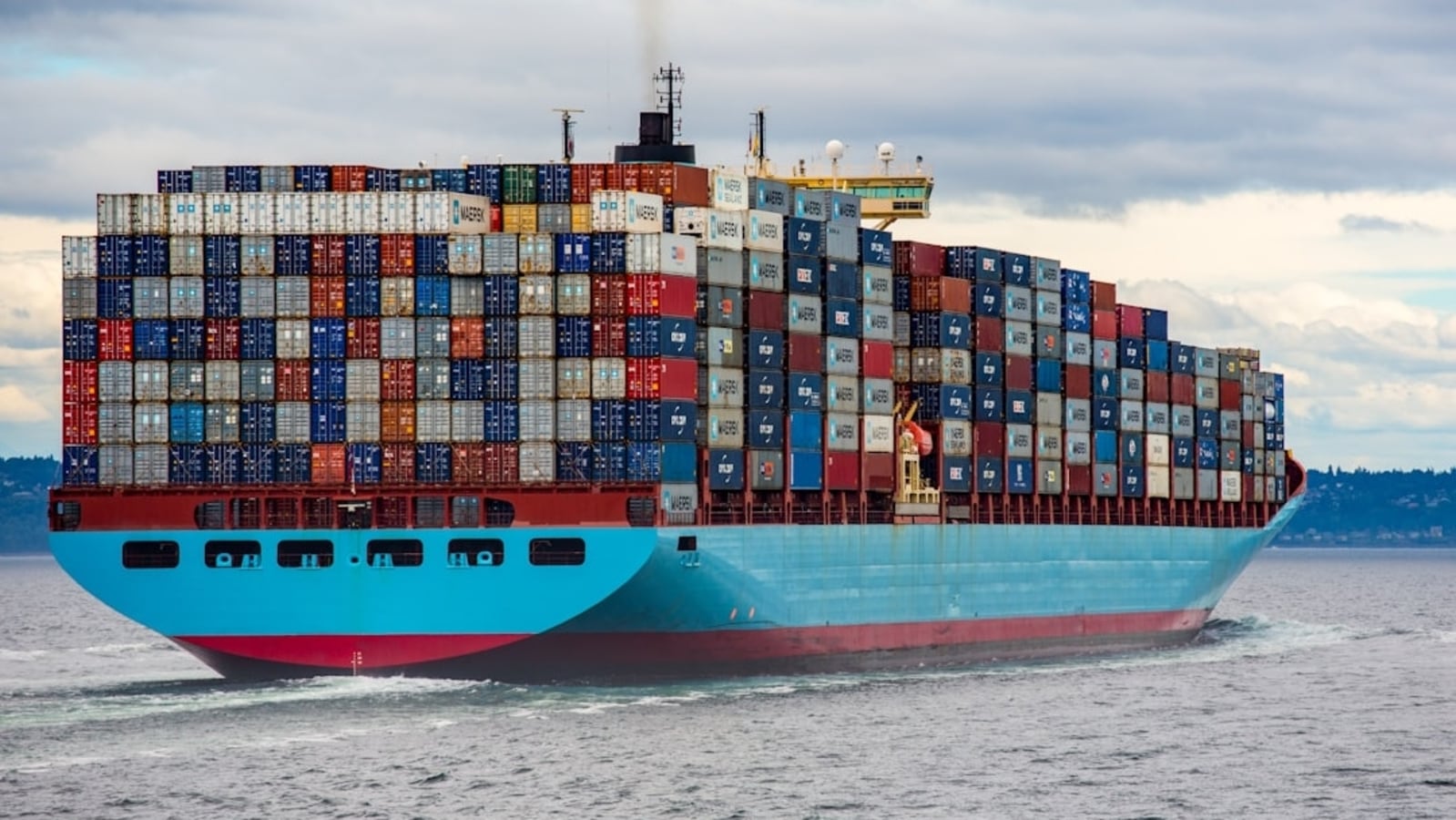Jul 07, 2024 09:34 PM IST
India asks for better access to IT and healthcare jobs in the UK while the UK seeks cutting down on import duty on various items.
With the new government taking charge in Britain, senior officials of India and the UK will hold the next round of talks this month for the proposed free trade agreement to resolve the pending issues and close the negotiations, an official said.

The India-UK talks for the proposed free trade agreement (FTA) began in January 2022. The 14th round of talks stalled as the two nations stepped into their general election cycles.
The official said the two sides are in touch, and the next round would start this month only.
Also Read: Air India’s first Airbus aircraft with new livery lands in Delhi
Britain’s newly-elected Prime Minister Keir Starmer spoke to Prime Minister Narendra Modi on Saturday and said he stood ready to conclude an FTA that worked for both sides.
The two leaders agreed to work towards the early conclusion of a mutually beneficial India-UK FTA.
There are pending issues in both the goods and services sectors.
What is India demanding out of the FTA?
The Indian industry is demanding greater access for its skilled professionals from sectors like IT and healthcare in the UK market, besides market access for several goods at nil customs duty.
What does the UK want out of the FTA?
On the other hand, the UK is seeking a significant cut in import duties on goods such as scotch whiskey, electric vehicles, lamb meat, chocolates and certain confectionary items.
Also Read: Is the EU’s Carbon Border Adjustment Mechanism a trade barrier for India?
Britain is also looking for more opportunities for UK services in Indian markets in segments like telecommunications, legal and financial services (banking and insurance).
The two countries are also negotiating a bilateral investment treaty (BIT).
What are the details of India and UK’s bilateral treaty?
There are 26 chapters in the agreement, which include goods, services, investments and intellectual property rights.
The bilateral trade between India and the UK increased to USD 21.34 billion in 2023-24 from 20.36 billion in 2022-23.
The Labour Party’s election manifesto for the recent polls also committed to clinching the deal.
The new Starmer-led government’s new Foreign Secretary David Lammy is also on the record saying that he wants to finish the job on the FTA and plans to visit India within the first month of being elected.
Also Read: What will be the future of India-UK FTA under Keir Starmer as British PM?
According to the think tank GTRI (Global Trade Research Initiative), the agreement is nearly finalised and with a few minor adjustments like curtailing the number of visas for Indian professionals, the Labour Party is likely to give its approval.
It has suggested that India should focus on two issues – Carbon Border Adjustment Measure (CBAM) and non-traditional subjects like labour, environment, gender, and intellectual property rights – in the pact.
Historically, India has resisted incorporating these topics into FTAs as they often require domestic policy changes.
The GTRI report has stated that even if the UK agrees to eliminate tariffs on sectors like textiles, Indian exports might still need to meet stringent UK sustainability requirements, and this could adversely affect Indian exports, especially in labour-intensive sectors.


